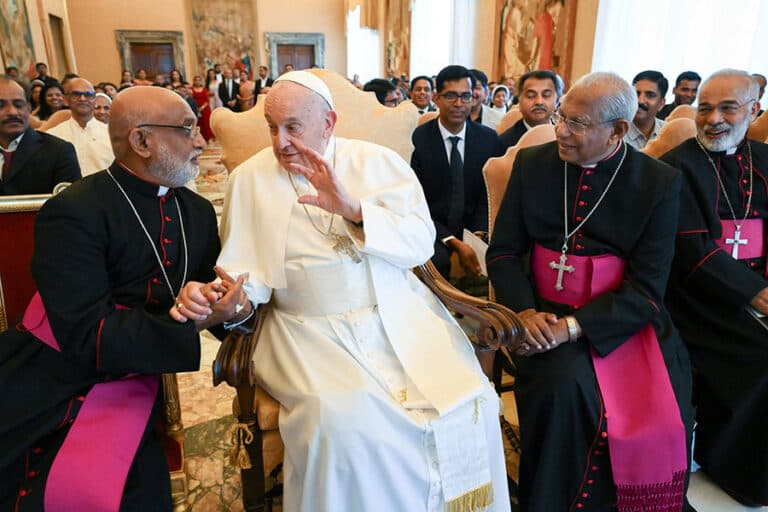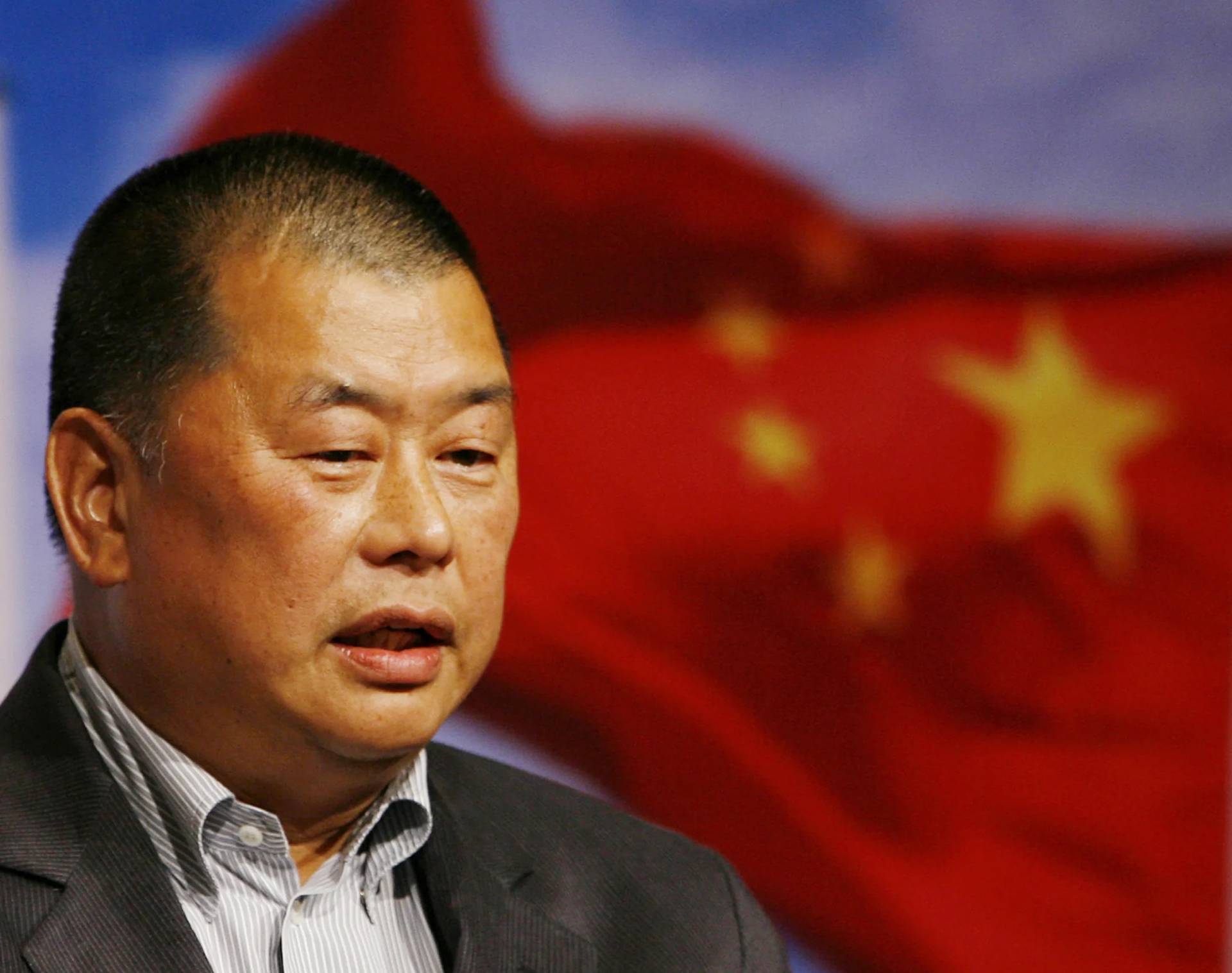MUMBAI, India – A meeting between the Syro-Malabar Catholic Church in India and Pope Francis is causing some controversy in the Eastern Rite Church.
“This is where the devil — the devil exists — the divider, creeps in thwarting the most heartfelt desire the Lord expressed before he sacrificed himself that we, his disciples, would be one, without divisions, without breaking communion,” the pope said May 13 in an audience with Syro-Malabar Archbishop Raphael Thattil, the major archbishop of Ernakulam-Angamaly.
“Safeguarding unity is not a pious exhortation but a duty, and it is especially so when it comes to priests who have promised obedience and from whom the believing people expect the example of charity and meekness,” Francis said.
RELATED: Pope grants Syro-Malabar Catholics jurisdiction in Middle East
The Syro-Malabar Church, with an estimated following of 4.25 million worldwide, is the second largest of the eastern Churches in communion with Rome. Ever since its synod decided in 2021 to adopt a new, unified mode of celebrating the Mass, the Church has been gripped by controversy, above all in its largest jurisdiction of Ernakulam-Algamany.
The synod required that Mass be celebrated facing the people during the Liturgy of the Word, and facing the altar during the Liturgy of the Eucharist.
That decree, however, was resisted by a swath of clergy and laity in Ernakulam-Angamaly, on the grounds that Mass facing the people throughout the celebration represented their local tradition and is also more in keeping with the liturgical teachings of the Second Vatican Council (1962-65).
The dispute occasionally has turned nasty, with angry public protests and the burning of decrees in public. St. Mary’s Cathedral in the archdiocese has been closed for the last two Christmas seasons amid the controversy.
Father Paul Chittinappilly, one the senior members of the Priests Senate, told Crux he thought the pope’s May 13 statement showed how important the unity of the Church was in the mind of Francis.
“He seems to be quite impatient about the way the Syro-Malabar Synod treated the question of the rubric of celebrant facing the people. In his opinion even discussing and continuing endless debates on such nonissues is unchristian, let alone being so obstinate about imposing uniformity on celebration,” the priest said.
Days before his meeting with the major archbishop, Francis met with lay members of the Church from Kerala, the state of India that is the center of the Eastern Rite Church.
“The delegation laid before the pope the stand taken by the archdiocesan authorities and presented before him suggestions on resolving the differences. A memorandum explaining the mistakes leading to the crucial synod decision was also submitted to the pope,” Chittinappilly told Crux.
RELATED: New Syro-Malabar leadership doubles down on calls for obedience on Mass
Father Jose Vailikodath, the press officer of the Archdiocesan Protection Council, said the pope was emphasizing “the paramount importance of unity and peace” within the Syro-Malabar Church.
“He criticized the preoccupation with procedural details, such as the arrangement facing the altar, over the essence of Jesus’s real presence in the Eucharist. The Holy Father firmly stated that decisions must be made by the Synod, not by himself. Henceforth, the Synod cannot defer responsibility for its decisions to the Holy Father,” Vailikodath said in a message sent to Crux.
He said it was notable the pope in his recent meeting “remained silent on matters of punishment and uniformity.”
“The Pope made it clear that it is not merely dialogue to enforce Synod decisions that matters, but dialogue aimed at achieving unity,” Vailikodath said.
“Since the Holy Father has not addressed uniformity, it is evident that he has not forbidden the Synod from recognizing Mass facing the people as a liturgical variation unique to Ernakulam. By doing so, the Synod can readily achieve unity,” the priest said.












